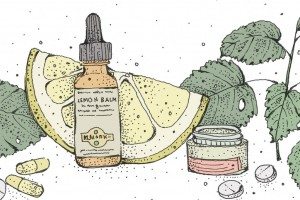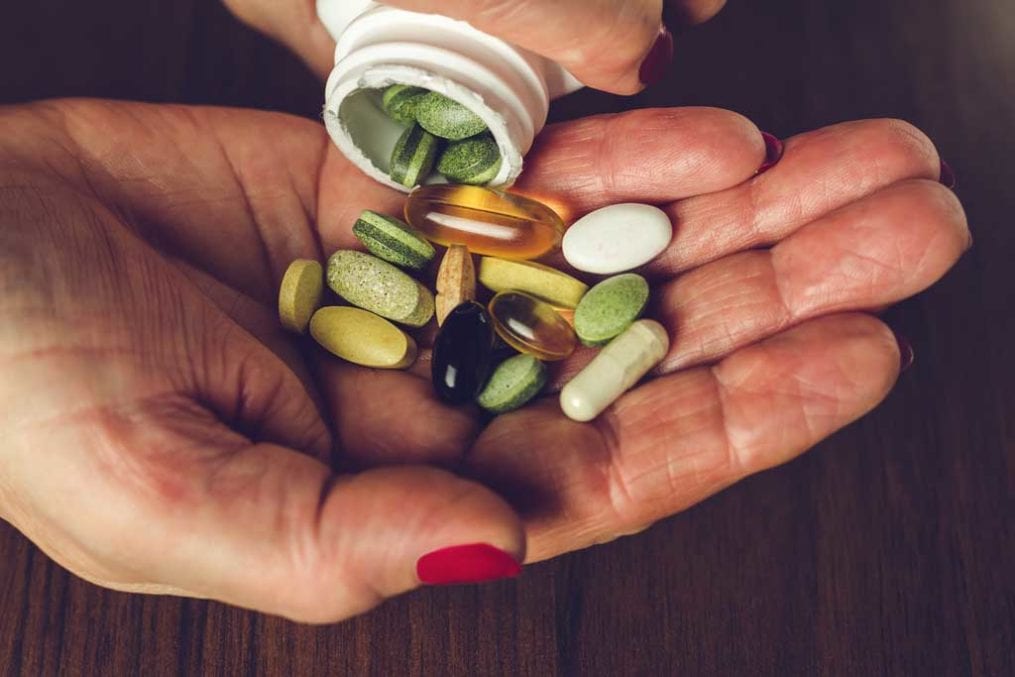What it does…lemon balm
What is it?
A member of the mint family, its lemon-scented leaves contain terpenes (found in the essential oils of plants), which contribute to its relaxing and antibacterial properties. Also contain anti-viral citral and eugenol essential oils.
What does it do?
Improves sleep: In a study of 68 women suffering from insomnia, those taking valerian root extract and lemon-balm extract for 14 days reported a 60 per cent reduction in severity of their problems.
Reduces anxiety: A trial by Northumbria University found that people taking a lemon balm and valerian supplement showed less anxiety when given a stressful test than others not taking it.
Relieves wind: a traditional remedy for indigestion, particularly wind. It helps by easing spasms in the digestive tract.
Kills cold sores: German research reveals that a group of patients with recurrent cold sores who were given a lemon-balm cream healed significantly faster than a group applying a placebo (dummy cream).
Helps with athlete’s foot: The essential oil inhibits fungi, which can cause athlete’s foot and ringworm.
When do I need it?
Whenever any of the conditions mentioned above arise.
How do I get it?
It is available in capsules, extracts, tinctures and aromatherapy oils. Creams or tea/infusion can be applied to the skin.
You can also grow your own lemon balm in a pot or in the garden. Use the leaves to make a tea or infusion. Steep a teaspoon of dried leaves or two teaspoons fresh in a mug of hot water.
Be careful if…
Pregnant or breastfeeding women should avoid lemon balm. It can also interact with medications for anxiety, insomnia or thyroid problems.












